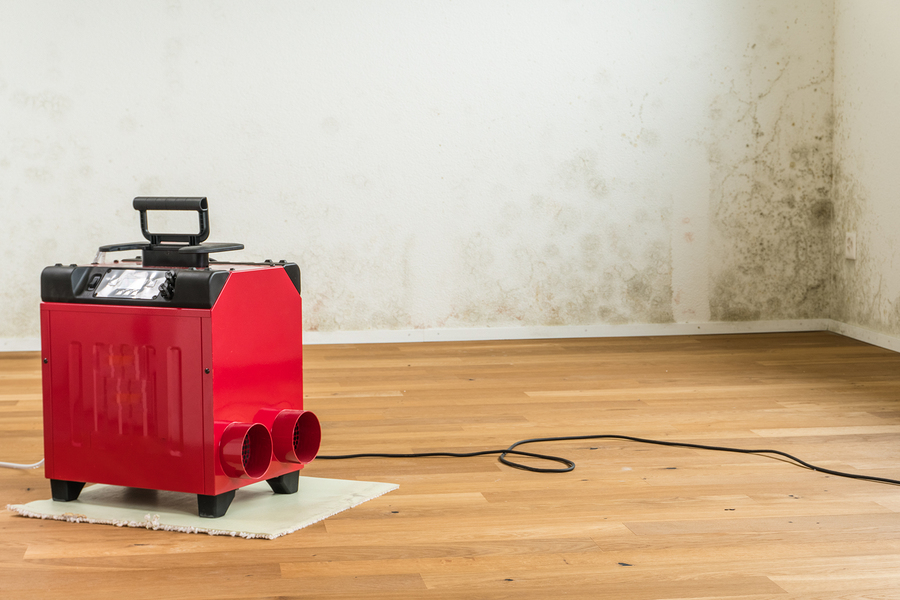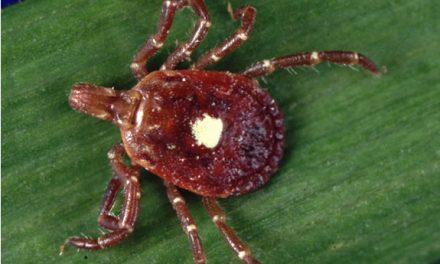Do you have mold in your house? It could be damaging your health.
Mold can be a silent and sneaky offender of all kinds of health problems. Yet, you may be worried when you see a little mold in your house. You may not think of it as the cause of odd symptoms.
While many homes have some level of mold, it often lashed out as ‘no big deal’ until it becomes an actual health hazard. Who would think that such tiny fungi hiding in the moist environments of your home might be the reason behind your upper-respiratory or even other symptoms?
When you are exposed to a water-damaged building (WBD), without noticing, you inhale tiny mold spores into your lungs which can create inflammation in your body and aggravate your immune system leading to all kinds of problems.
RELATED STORY:
Make no mistake. This is not like another common allergy, but a serious condition that may result in serious health consequences unless addressed and treated properly.
Do you have mold illness? Remember, mold can be hiding and may not be visible in your house at all. Check out these five warning signs that may indicate that you have mold illness, instead of a simple allergy.
Unexplained Muscle Pain
Sure, if you are working out a lot, you probably experience muscle pain here and there. However, muscle pain that is not the result of any activity is one of the main signs of mold illness. Mold illness may lead to muscle cramps, pin-pricks, and soreness that you may experience anywhere in your body
Brain Fog, Memory Problems, and Difficulty focusing
Another major sign of mold illness is a foggy brain, memory issues, difficulty focusing, having trouble expressing yourself, and feeling sluggish in your brain. Frequent headaches are another red flag, especially if you didn’t have a headache history prior.
RELATED STORY:
Numbness or Pins and Needless Feeling
Having numbness, followed by a ‘pins and needles’ or ‘ice-pick pain’ feeling may be a sign of mold illness. You may experience this along with muscle cramps.
Digestive Issues
Mold illness doesn’t only manifest in your muscle, but may also exhibit signs in your digestive health. It may cause nausea, stomach pains, diarrhea, and a lack of appetite.
Breathing Problems
Breathing problems are one of the reasons many people confuse mold illness with allergies. However, mold illness could result in serious respiratory complications. You may have difficulty breathing. You may be unable to inhale deeply. You may have a constant cough. You may also experience sinus problems and wheezing.
RELATED STORY:
If you suspect that you have mold illness, contact your healthcare professional as soon as possible. To prevent long-term complications of mold illness, it is important to talk to your doctor. It is important to address mold issues in your home. Recovery from mold illness usually includes whole foods, anti-inflammatory diet, anti-fungal foods, such as ginger, garlic, and cayenne, probiotics, anti-fungal herbal supplements.
*Article originally appeared at Healthy Holistic Living.












